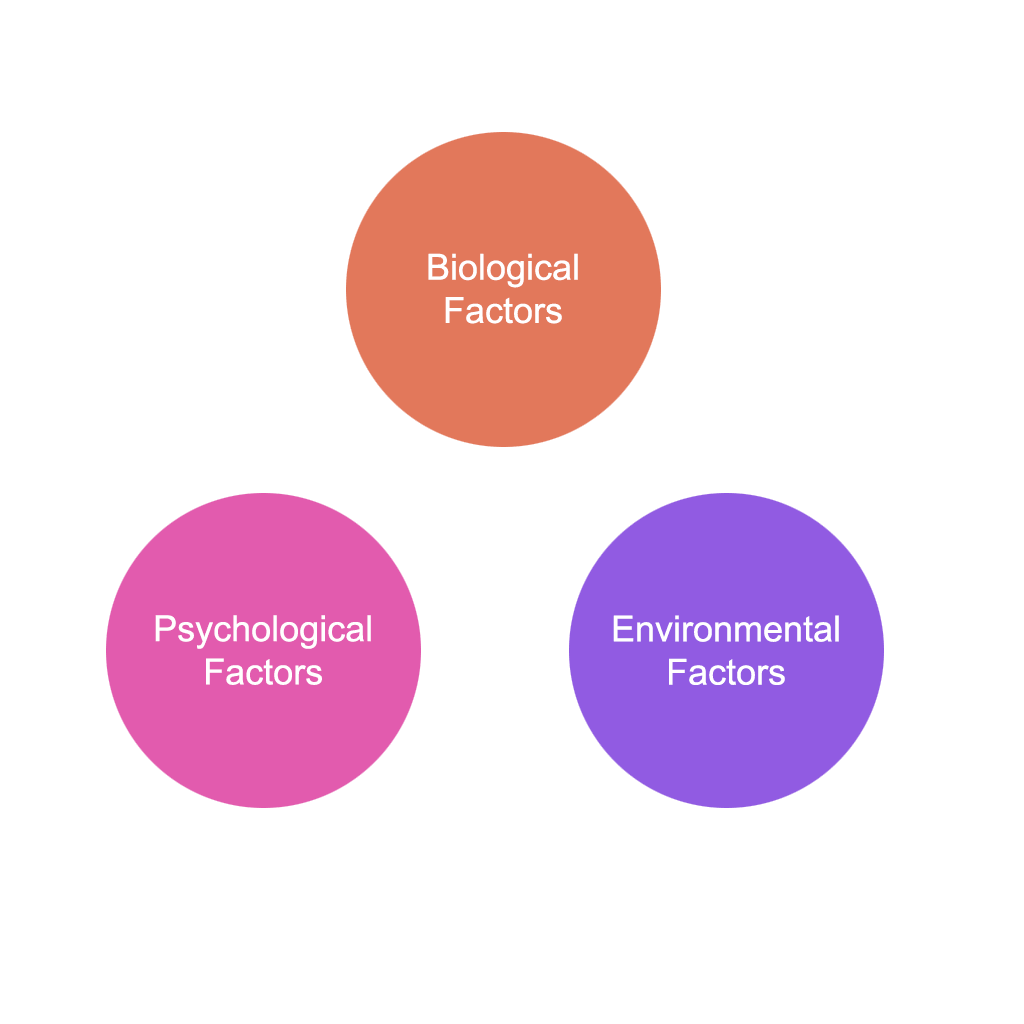How do Allport and Cattell differ in their approaches to classify personality traits?
Allport viewed psychology as the study of the healthy person. He believed, in contrast to for example the psycho-analysts, that studying the healthy personality is much different and incompatible with that of the pathological personality. Another basic approach he takes, is that of the individual human as unique.
Each person is different from the other and should therefore be studied accordingly. Individuals can still be compared but Allport’s understanding of psychology goes beyond just comparison. He emphasizes this individuality in virtually all aspects of his psychology, another contrast to the view of the psychoanalysts as well as other psychologists, who put emphasis on similarities within people.
Another radical view of Allport is one regarding the dynamics within the individual. He referred to this as functional autonomy. Allport believes that motivation occurs independent of past experiences. It is the present motives such as interests, attitudes and life-style that govern a person’s behaviour. He stresses the close relationship between motives and cognitive processes and argues that all motives are a combination of these.
This way the individual’s cognitive style is affected by the individual’s self-perception and only indirectly affected by his/her past. Cattell specified three kinds of data for comprehensive sampling, to capture the full range of personality dimensions:
Life data (or L-data), which involves collecting data from the individual’s natural, everyday life behaviors, measuring their characteristic behaviour patterns in the real world. This could range from number of traffic accidents or number of parties attended each month, to grade point average in school or number of illnesses or divorces.
Experimental data (or T-data), which involves reactions to standardized experimental situations created in a lab where a subject’s behaviour can be objectively observed and measured.
Questionnaire data (or Q-data), which involves responses based on introspection by the individual about their own behavior and feelings. He found that this kind of direct questioning often measured subtle internal states and view points that might be hard to see or measure in external behaviour.



